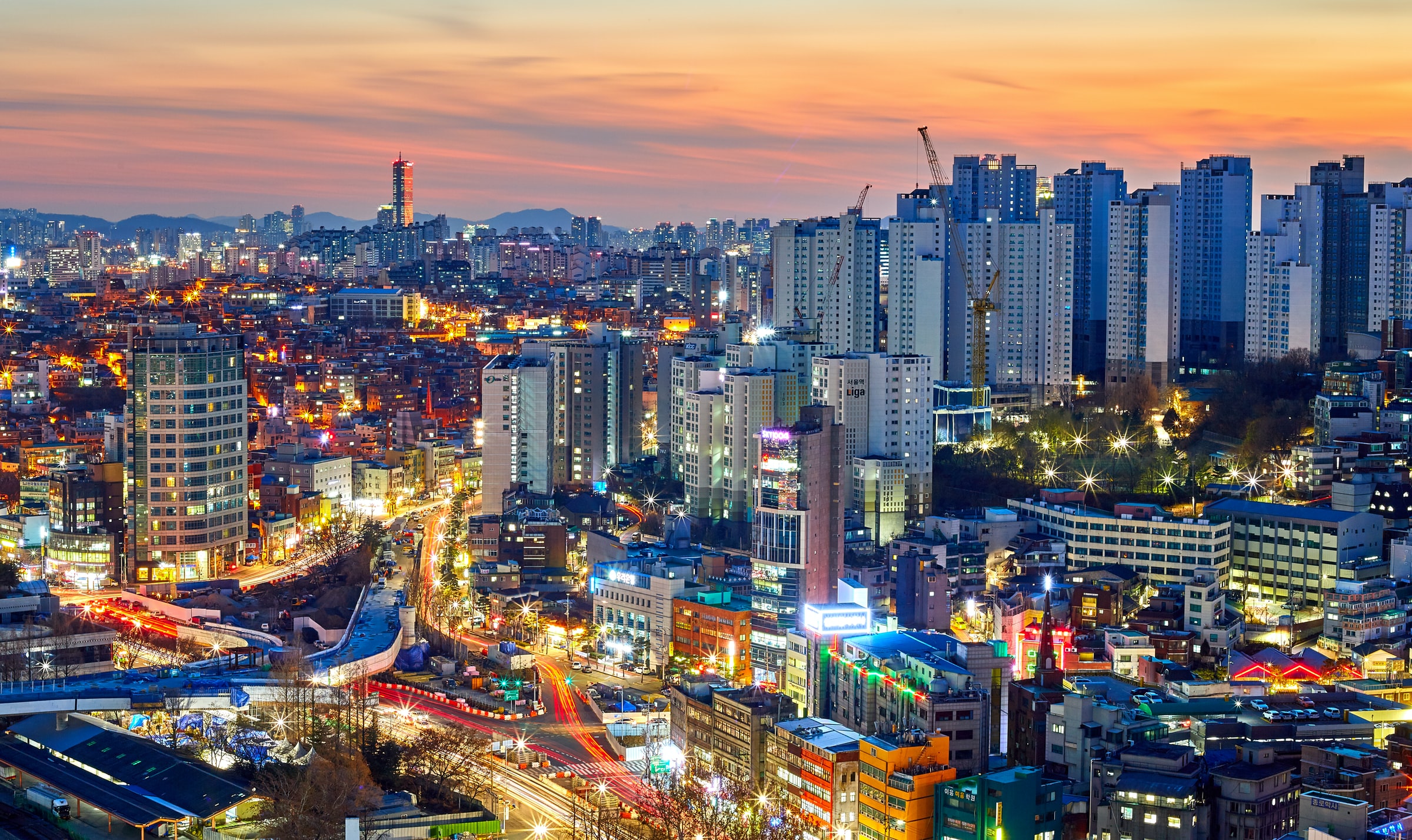
South Korea has set itself the ambitious national target of developing 50 types of AI chips within the next decade.
The country’s ICT ministry made the announcement this week as South Korea positions itself to move beyond its historic foothold in memory chips into artificial intelligence semiconductors.
South Korea is investing heavily in AI; especially in the hardware which makes it possible.
Around one trillion won ($871 million) will be spent on developing next-generation AI chips before 2029. The current plan is to be in a position to produce AI chips nationally by 2022 and build a 3,000-strong army of experts within the decade.
Last year, President Moon Jae-in announced a ‘National Strategy for Artificial Intelligence’ (PDF) and set out his desire for South Korea to lead in the technology.
In a foreword, President Moon Jae-in wrote:
“The era of the Fourth Industrial Revolution is indeed an age in which imagination can change the world. Korea is neither the first country to have ushered in the era of artificial intelligence nor the country with the best AI technology at present. However, the country has people capable of turning their imagination into reality and taking on challenges to pursue novelty.
Even in the throes of the 1997 Asian financial crisis, the country led the Internet Revolution and now boasts world-class manufacturing competitiveness, globally unmatched ICT infrastructure and abundant data concerning e-government.
If we link artificial intelligence primarily with the sectors in which we’ve accumulated extensive experience and competitiveness, such as manufacturing and semiconductors, we will be able to give birth to the smartest yet most human-like artificial intelligence. The Government will join forces with developers to help them fully utilize their imaginations and turn their ideas into reality.”
South Korea is home to tech giants such as Samsung and SK hynix which continue to offer global innovations. However, it’s understandable South Korea wants to ensure it secures a slice of what will be a lucrative market.
Analysts from McKinsey predict AI chips will generate around $67 billion in revenue by 2025 and capture around 20 percent of all semiconductor demand.
South Korea, for its part, wants to own 20 percent of the global AI chip market by the end of this decade.






